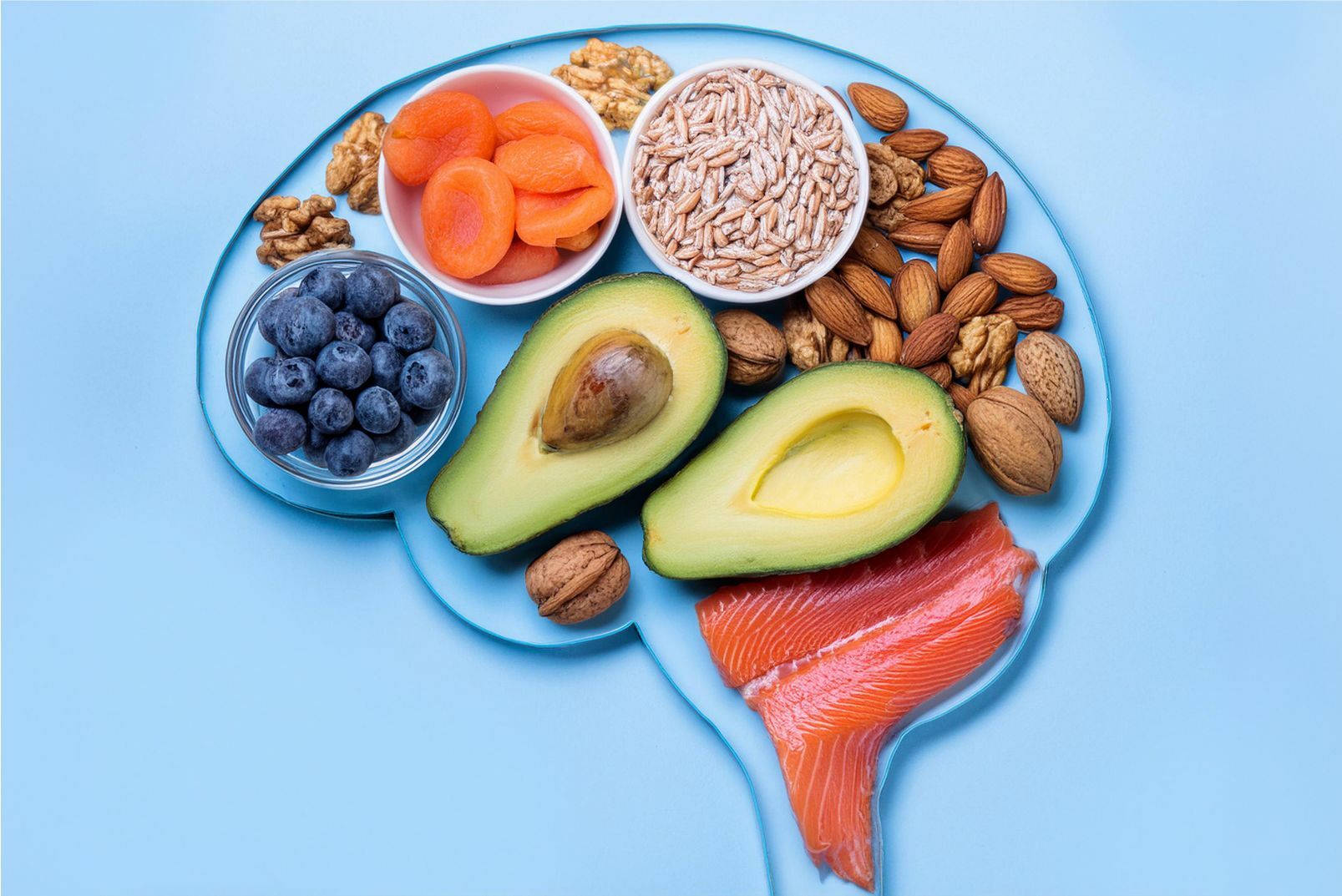Nourish Your Brain: How the MIND Diet Supports Cognitive Health
By Sarah's Village

As we age, preserving brain health becomes increasingly important. While genetics play a role in cognitive aging, research shows that lifestyle choices, particularly diet, can significantly impact our brain’s longevity. One dietary approach gaining attention for its potential to reduce cognitive decline and support memory is the MIND diet. A blend of the Mediterranean and DASH (Dietary Approaches to Stop Hypertension) diets, the MIND diet (Mediterranean-DASH Intervention for Neurodegenerative Delay) is specifically designed to protect the brain.
What is the MIND Diet?
The MIND diet focuses on foods believed to support brain health and avoid those known to contribute to inflammation and oxidative stress, factors linked to cognitive decline and Alzheimer’s disease. Its primary goal is to reduce the risk of neurodegenerative disorders by promoting foods rich in antioxidants, vitamins, and healthy fats, all of which protect brain cells and support healthy aging.
Key Components of the MIND Diet
The MIND diet emphasizes ten brain-boosting food groups while advising minimal consumption of five specific categories. Here’s a closer look at these foods:
Brain-Healthy Foods
- Leafy Green Vegetables: Aim for at least six servings a week of greens like kale, spinach, and broccoli. These are high in vitamin K, lutein, folate, and beta-carotene, all associated with slowing cognitive decline.
- Other Vegetables: Include a variety of colorful vegetables daily. Non-starchy options, such as peppers, carrots, and cucumbers, provide essential vitamins and minerals.
- Berries: Berries, especially blueberries and strawberries, are packed with antioxidants and polyphenols that may reduce brain inflammation and improve memory.
- Nuts: Enjoy a handful of nuts most days. Nuts contain healthy fats, fiber, and antioxidants, all of which contribute to brain health.
- Olive Oil: Use olive oil as your primary cooking oil for its healthy monounsaturated fats, which support heart and brain health.
- Whole Grains: Incorporate whole grains like oats, brown rice, and quinoa daily. They provide steady energy for the brain throughout the day.
- Fish: Fish, especially fatty fish like salmon and trout, is rich in omega-3 fatty acids, known for their anti-inflammatory properties and association with slower cognitive decline.
- Beans: Beans are a great plant-based protein source rich in fiber, which can help reduce cholesterol and maintain healthy blood vessels.
- Poultry: Two servings of poultry per week offer lean protein and essential B vitamins.
- Wine: In moderation (one glass per day), wine, particularly red wine, is linked to improved brain health due to its resveratrol content, an antioxidant with anti-inflammatory effects.
Why the MIND Diet Works
The MIND diet encourages nutrient-dense foods that combat oxidative stress and inflammation, both of which are associated with cognitive decline. Studies show that people who follow the MIND diet closely experience a slower rate of cognitive decline, with some research suggesting up to a 53% reduction in Alzheimer’s risk for those who adhere to the diet.
The MIND diet is an approachable and effective way to protect brain health through nourishing, whole foods. By incorporating these dietary changes, you can enjoy meals that not only support your body but also give your brain the best chance for a long, healthy life.





